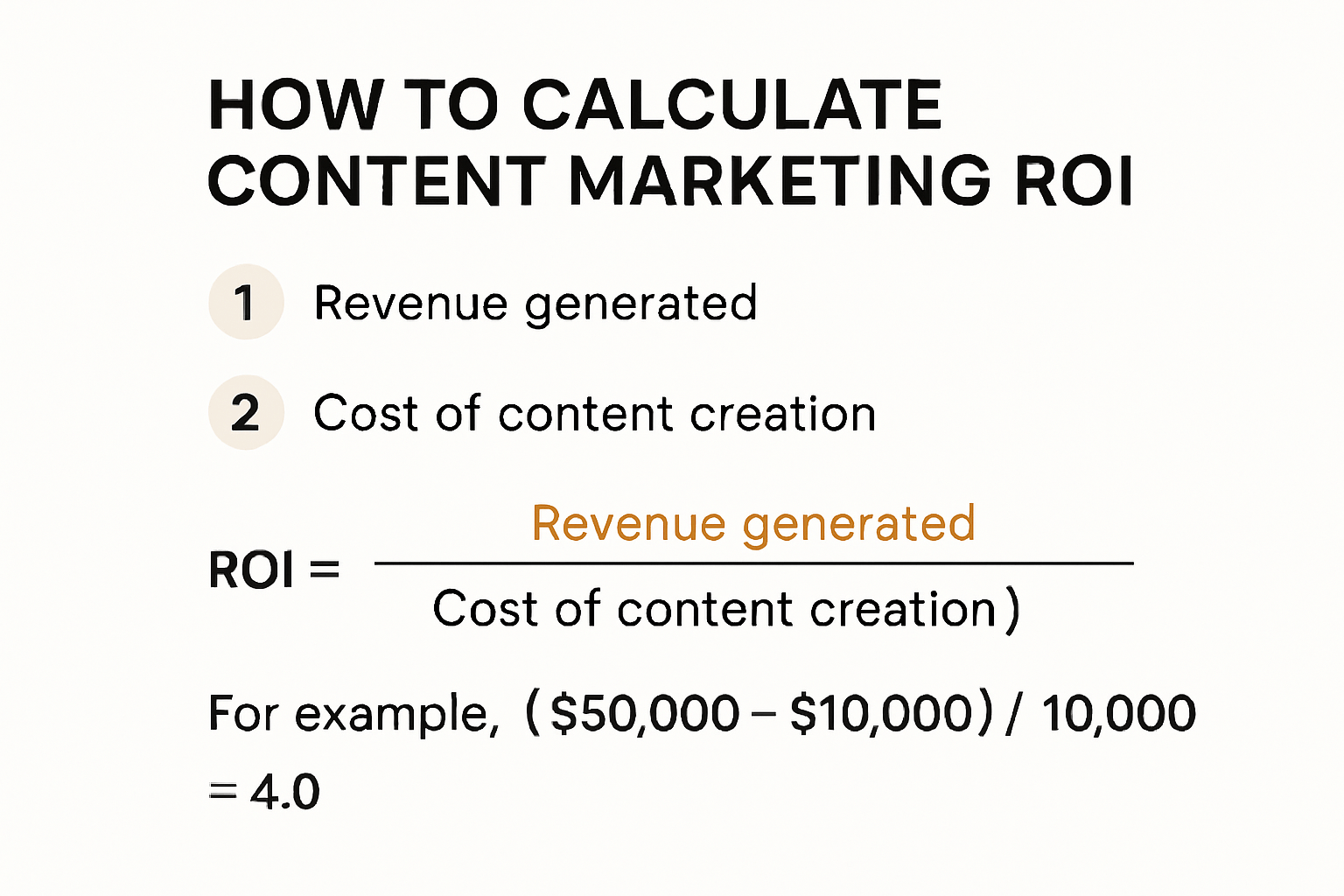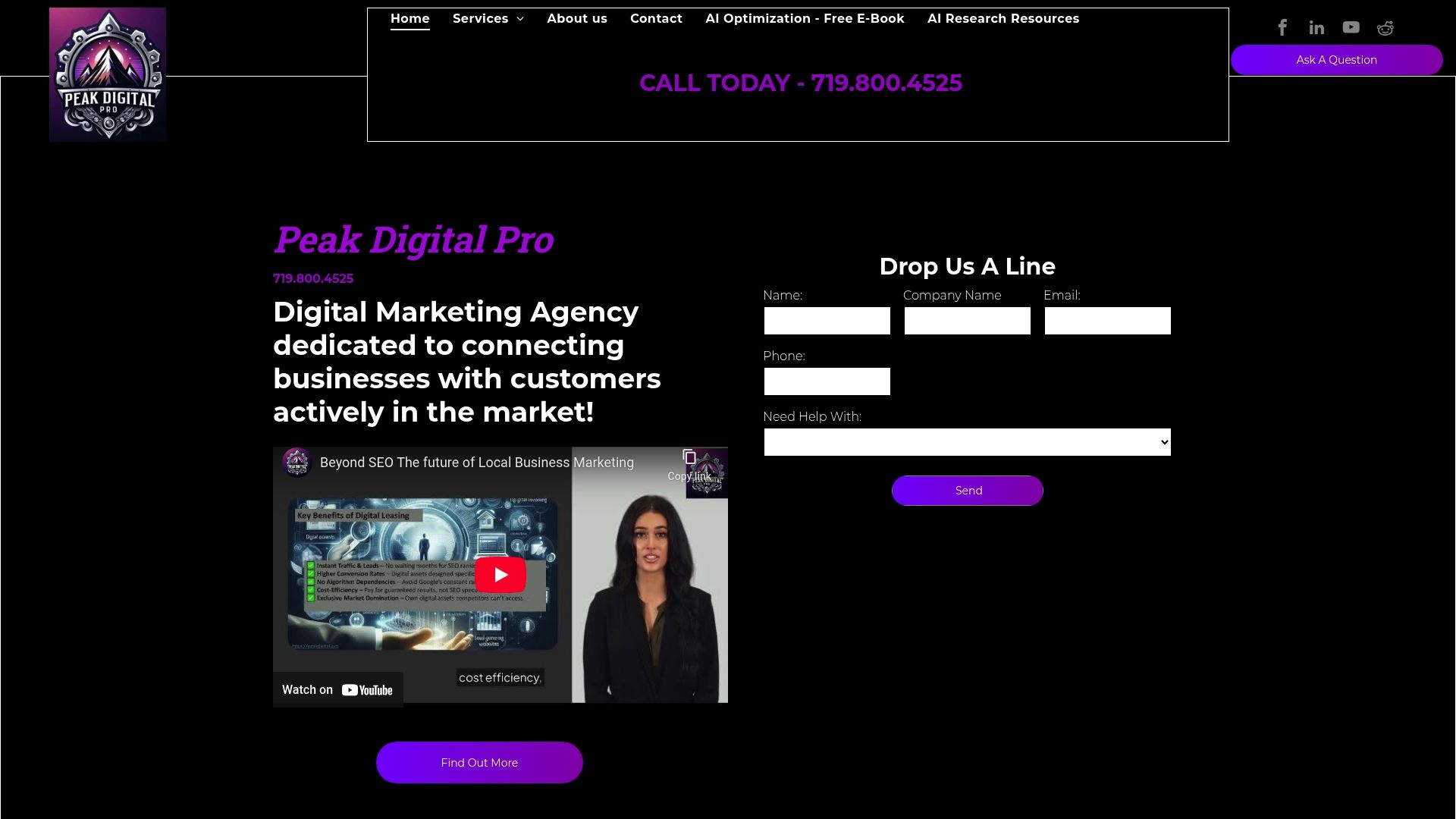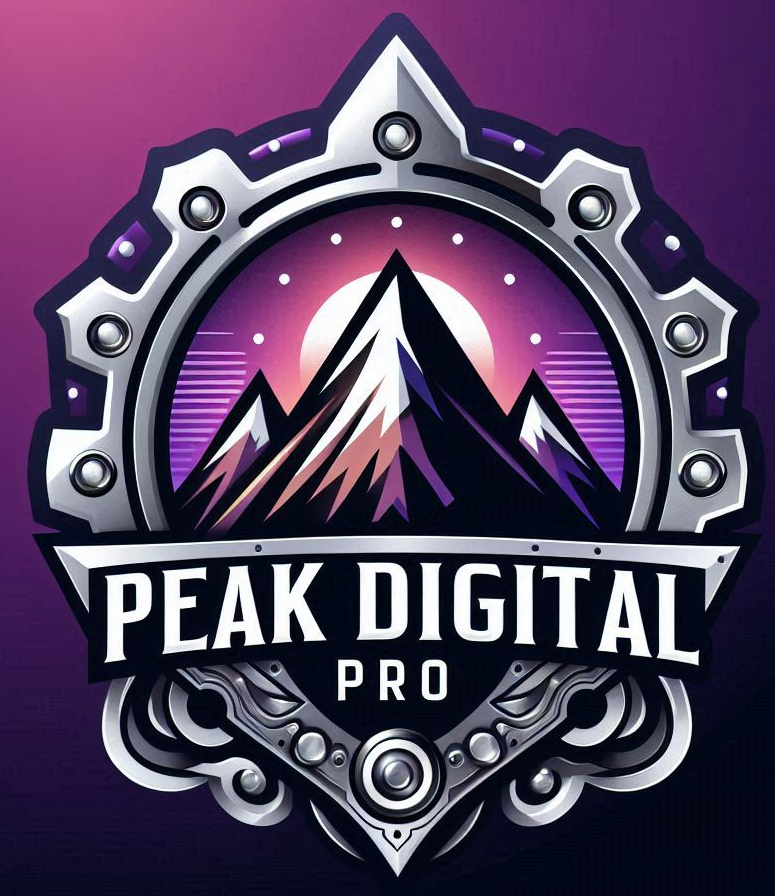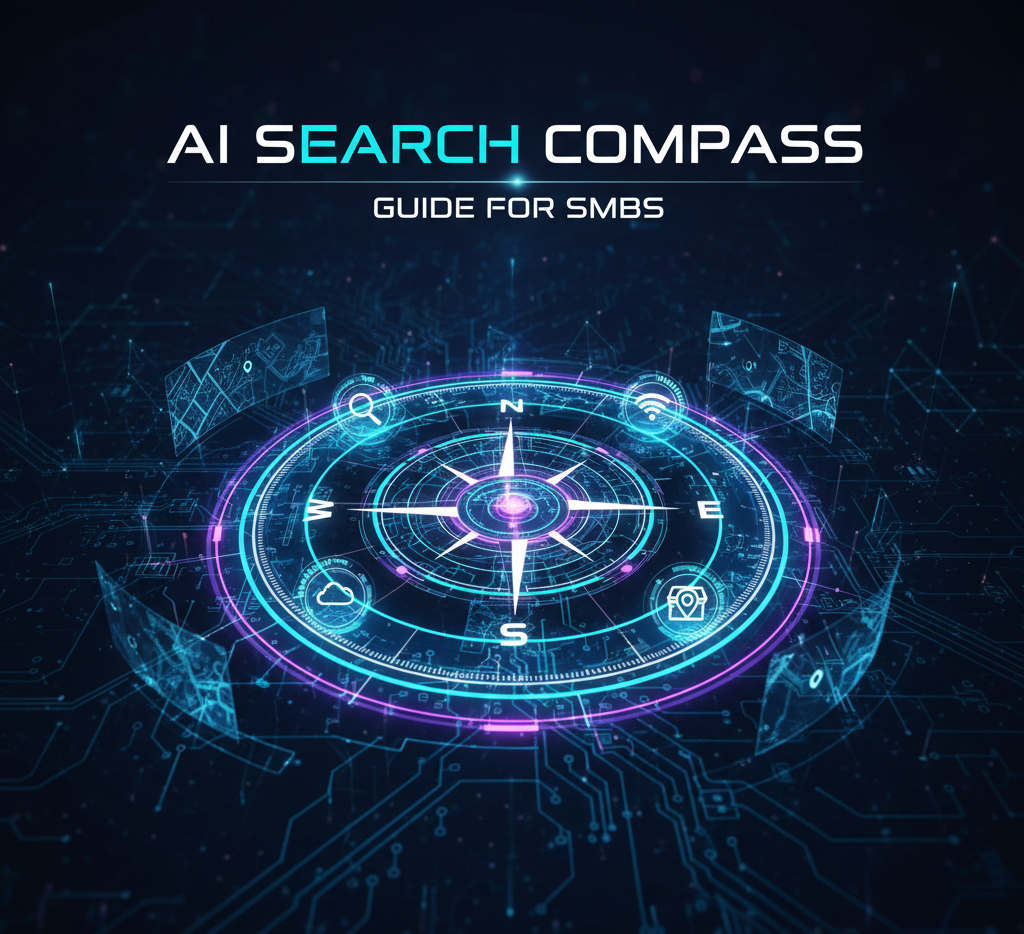Content Marketing ROI in 2025: Guide for U.S. Business Owners

Content marketing in the US is getting more serious than ever, and smart business owners are focusing on the numbers. Here is something most people miss. Personalized content can amplify marketing effectiveness by up to 120 times according to Forbes. That means forget random blog posts and generic ads. The real winners in 2025 are those who use targeted content and advanced metrics to transform every dollar into proven results.
Table of Contents
Quick Summary
| Takeaway | Explanation |
|---|---|
| Understanding Content Marketing ROI | Content marketing ROI measures the financial effectiveness of content strategies, focusing on revenue generation rather than just engagement metrics. Use the formula ROI = (Revenue Generated from Content – Cost of Content Creation) / Cost of Content Creation x 100 to assess impact. |
| Key Metrics for Tracking | Focus on engagement metrics like Time on Page and Social Shares, as well as conversion metrics such as Lead Conversion Rate and Customer Acquisition Cost to gain meaningful insights and improve content marketing performance. |
| Personalization Strategies | Implement personalized and targeted content strategies, such as audience segmentation and behavioral targeting, to significantly boost marketing effectiveness and engagement with your content. |
| Cost-Effective Production Techniques | Employ techniques like repurposing existing content and developing evergreen resources to maximize marketing investments and generate higher returns on content creation efforts. |
| Avoiding Common Pitfalls | Address strategic measurement challenges by setting clear performance metrics and maintaining content quality to improve content marketing ROI, while considering both immediate results and long-term benefits. |
Understanding Content Marketing ROI Basics
Content marketing represents a strategic approach where businesses create and distribute valuable, relevant content to attract and retain a clearly defined audience. Understanding its return on investment (ROI) is critical for business owners seeking measurable growth and efficiency in their marketing efforts.
Defining Content Marketing ROI
Content marketing ROI measures the financial performance and effectiveness of content creation and distribution strategies. Unlike traditional marketing metrics, this calculation goes beyond simple engagement numbers, focusing on how content directly contributes to revenue generation. Harvard Business Review notes that businesses with well-executed content strategies can see up to 300% increase in lead generation compared to traditional outbound marketing techniques.
To calculate content marketing ROI, businesses typically use this formula:
ROI = (Revenue Generated from Content – Cost of Content Creation) / Cost of Content Creation x 100
This formula helps business owners understand the direct financial impact of their content investments. Key components include tracking metrics such as:
- Conversion Rates : Percentage of content consumers who take desired actions
- Lead Generation : Number of qualified leads generated through content
- Sales Attributed : Direct revenue connected to specific content pieces

Strategic Measurement Approaches
Effective ROI measurement requires a comprehensive approach that goes beyond surface level analytics. Content Marketing Institute recommends a multi dimensional strategy that evaluates both quantitative and qualitative outcomes.
Qualitative measurements include brand awareness, audience trust, and long term customer relationships. Quantitative metrics focus on concrete financial indicators like increased website traffic, lead quality, and direct sales conversions. Professional marketers understand that true content marketing success involves balancing these different measurement dimensions.
Businesses should implement robust tracking systems that can:
- Integrate Analytics : Connect content performance with sales data
- Track Customer Journeys : Understand how content influences purchasing decisions
- Assign Value : Determine precise monetary worth of each content interaction
Emerging ROI Measurement Technologies
Advanced AI and machine learning technologies are transforming how businesses measure content marketing performance. Gartner Research indicates that AI driven analytics can provide more nuanced and predictive insights into content effectiveness.
These technologies enable more sophisticated tracking, allowing businesses to:
- Predict content performance before publication
- Understand complex audience engagement patterns
- Optimize content strategies in real time
By embracing these advanced measurement techniques, business owners can develop more strategic, data driven content marketing approaches that deliver measurable financial results.
Key Metrics to Track for Better ROI
Tracking the right metrics is crucial for understanding and improving content marketing ROI. Business owners must move beyond surface level analytics to gain meaningful insights that drive strategic decision making and financial performance.
Engagement and Audience Performance Metrics
Engagement metrics provide a comprehensive view of how audiences interact with content. Google Analytics recommends focusing on metrics that reveal deeper audience connection beyond simple page views.
Key engagement metrics include:
- Time on Page : Indicates content relevance and audience interest
- Scroll Depth : Measures how much of the content users actually consume
- Social Shares : Reflects content value and potential organic reach
Carnegie Mellon University research suggests that businesses should aim for an average time on page of 2-3 minutes to demonstrate meaningful audience engagement.
Conversion and Revenue Impact Metrics
Conversion metrics transform content performance from theoretical engagement to tangible business results. Ahrefs emphasizes that successful content marketing goes beyond traffic generation to drive actual revenue.
Critical conversion metrics business owners should track:
- Lead Conversion Rate : Percentage of content consumers who become potential customers
- Customer Acquisition Cost : Total investment required to convert a lead into a paying customer
- Revenue Attribution : Direct financial value generated from specific content pieces
Advanced Performance Tracking Technologies

Emerging technologies are revolutionizing how businesses measure content marketing performance. Gartner Research indicates that AI driven analytics can provide unprecedented insights into content effectiveness.
Advanced tracking capabilities now enable businesses to:
- Predict content performance before publication
- Conduct granular audience segmentation
- Create personalized content experiences based on real time data
Businesses leveraging these sophisticated tracking technologies can develop more precise, data driven content strategies that directly impact bottom line results. By understanding and implementing comprehensive measurement approaches, business owners can transform content marketing from a cost center to a strategic revenue generation tool.
To help visualize the key metrics covered above, the following table summarizes important engagement and conversion metrics that business owners should track for better content marketing ROI:
| Metric | What It Measures | Why It Matters |
|---|---|---|
| Time on Page | Average time visitors spend viewing content | Indicates content relevance and audience interest |
| Scroll Depth | Percentage of content consumed per visit | Shows level of content consumption and engagement |
| Social Shares | How often content is shared on social platforms | Reflects content value and organic reach potential |
| Lead Conversion Rate | % of content users converting to potential customers | Connects content efforts to lead generation |
| Customer Acquisition Cost | Investment needed to acquire one customer | Helps assess content efficiency in driving sales |
| Revenue Attribution | Revenue directly linked to specific content pieces | Demonstrates the financial impact of content marketing |
Strategies to Boost ROI for U.S. and Colorado Businesses
Content marketing represents a powerful strategy for businesses seeking to maximize their marketing investments and drive substantial growth. By implementing targeted approaches, U.S. and Colorado businesses can significantly enhance their content marketing return on investment.
Personalization and Targeted Content Strategies
Forbes reveals that personalized content can amplify marketing effectiveness by up to 120 times. This means businesses must move beyond generic messaging to create highly specific, audience focused content that speaks directly to individual customer needs and pain points.
Effective personalization strategies include:
- Audience Segmentation : Develop content for specific demographic groups
- Behavioral Targeting : Create content based on user interaction history
- Dynamic Content Adaptation : Customize content in real time based on user characteristics
For Colorado businesses, this might mean creating content that addresses local market challenges, industry specific needs, and regional economic trends.
Cost Effective Content Production Techniques
World Metrics indicates that content marketing is 62% less costly than traditional marketing while generating three times more leads. To maximize this advantage, businesses should focus on efficient content creation approaches:
- Repurpose Existing Content : Transform blog posts into videos, infographics, and social media snippets
- Develop Evergreen Content : Create resources with long term relevance
- Leverage User Generated Content : Encourage customer testimonials and reviews
- Implement Content Workflows : Streamline production processes for consistent output
To clarify various strategies for boosting ROI, the table below summarizes the key approaches discussed, their methods, and potential benefits:
| Strategy Type | Method/Example | Potential Benefit |
|---|---|---|
| Personalization & Targeted Content | Audience segmentation, behavioral targeting | Up to 120x boost in marketing effectiveness (Forbes) |
| Repurpose Existing Content | Turn blogs into videos, infographics, or snippets | Maximizes content value and reach |
| Evergreen Content Development | Produce long-lasting, relevant resources | Sustained traffic and lead generation |
| User Generated Content Leverage | Encourage reviews, testimonials | Increases trust, engagement, and authenticity |
| Streamlined Content Workflows | Implement production schedules and systems | Consistent quality output and efficiency |
| Advanced Analytics & AI Integration | Predictive content analysis, automated reporting | Up to 45% improved performance (HubSpot Research) |
Advanced Technology and Analytics Integration
HubSpot Research demonstrates that businesses using advanced analytics and AI technologies can improve content marketing performance by up to 45%. Modern tools enable more precise targeting and performance tracking.
Key technological strategies include:
- AI Powered Content Analysis : Use machine learning to predict content performance
- Automated Content Distribution : Optimize publishing across multiple channels
- Advanced Performance Tracking : Implement comprehensive analytics platforms
For Colorado businesses, this means investing in technologies that provide granular insights into audience behavior and content effectiveness. By combining local market understanding with cutting edge marketing technologies, businesses can create more impactful, revenue generating content strategies.
The goal is not just creating content but developing a strategic approach that transforms marketing expenses into measurable business growth. Successful content marketing requires continuous learning, adaptation, and a commitment to understanding audience needs.
Common Pitfalls and How to Avoid Them
Content marketing success demands strategic awareness and proactive problem solving. Understanding common challenges can help businesses avoid costly mistakes and optimize their content marketing ROI.
Strategic Measurement and Budget Challenges
CMO Council research reveals that 49% of marketers struggle with budget constraints and content strategy alignment. These challenges can significantly impede content marketing effectiveness.
Key budget and measurement pitfalls include:
- Inconsistent Content Production : Lack of consistent, high quality content creation
- Undefined Performance Metrics : Failing to establish clear ROI measurement criteria
- Misaligned Resource Allocation : Inefficient distribution of marketing resources
To overcome these challenges, businesses should:
- Develop a structured content calendar
- Set clear, measurable objectives
- Implement flexible budgeting approaches
Content Quality and Relevance Barriers
Diginomica highlights that many marketers struggle to create content that genuinely resonates with their target audience. Poor content quality directly impacts marketing performance and ROI.
Common content quality issues include:
- Generic Messaging : Creating content that fails to address specific audience needs
- Lack of Originality : Producing repetitive or derivative content
- Insufficient Research : Failing to understand audience preferences and pain points
Businesses can improve content quality by:
- Conducting thorough audience research
- Investing in subject matter expertise
- Implementing rigorous content review processes
Long Term Performance Perspective
Digital Marketing Institute emphasizes the importance of considering long term benefits when evaluating content marketing performance. Many businesses make the mistake of focusing solely on immediate results.
Strategies for adopting a comprehensive performance perspective:
- Holistic ROI Measurement : Track both immediate and long term content impact
- Continuous Learning : Regularly analyze and adapt content strategies
- Strategic Patience : Recognize that content marketing builds cumulative value
Successful content marketing requires a nuanced approach that balances immediate performance metrics with strategic long term goals. By understanding and addressing these common pitfalls, businesses can develop more robust, effective content marketing strategies that deliver sustainable ROI.
The key is maintaining flexibility, commitment to quality, and a data driven approach to content creation and performance evaluation.
Frequently Asked Questions
What is Content Marketing ROI?
Content Marketing ROI measures the financial effectiveness of content strategies by calculating the revenue generated from content versus the cost of content creation. It focuses on how content contributes to tangible business results.
How do I calculate Content Marketing ROI?
To calculate Content Marketing ROI, use the formula: ROI = (Revenue Generated from Content – Cost of Content Creation) / Cost of Content Creation x 100. This helps assess the financial impact of your content investments.
What key metrics should I track for better Content Marketing ROI?
Focus on engagement metrics like Time on Page, Conversion metrics like Lead Conversion Rate, and Revenue Attribution to gain insights into content performance and drive improvements.
How can personalization improve my Content Marketing ROI?
Personalization can enhance marketing effectiveness by up to 120 times by creating targeted content that resonates with specific audience segments, leading to higher engagement and conversions.
Transform Your Content Into Measurable Growth in 2025
Are you struggling to turn your content marketing efforts into real sales and clear returns? This article uncovered how many business owners face confusion around ROI, unclear metrics, and wasted content budgets. If you want to break through those challenges and finally see how each piece of content leads to revenue, you need a partner that understands advanced analytics and AI-powered marketing. At Peak Digital Pro, we help Colorado businesses harness personalized strategies, predictive technology, and full-scale digital marketing to convert data into results.

Take your next step toward dominating your industry with solutions designed for measurable results. Visit Peak Digital Pro to schedule a strategy session today. Discover how expert SEO, innovative web development, and leading-edge advertising tools can deliver real ROI for your brand. Do not let 2025 pass you by without a smarter marketing approach—connect with us now and unlock proven growth.








